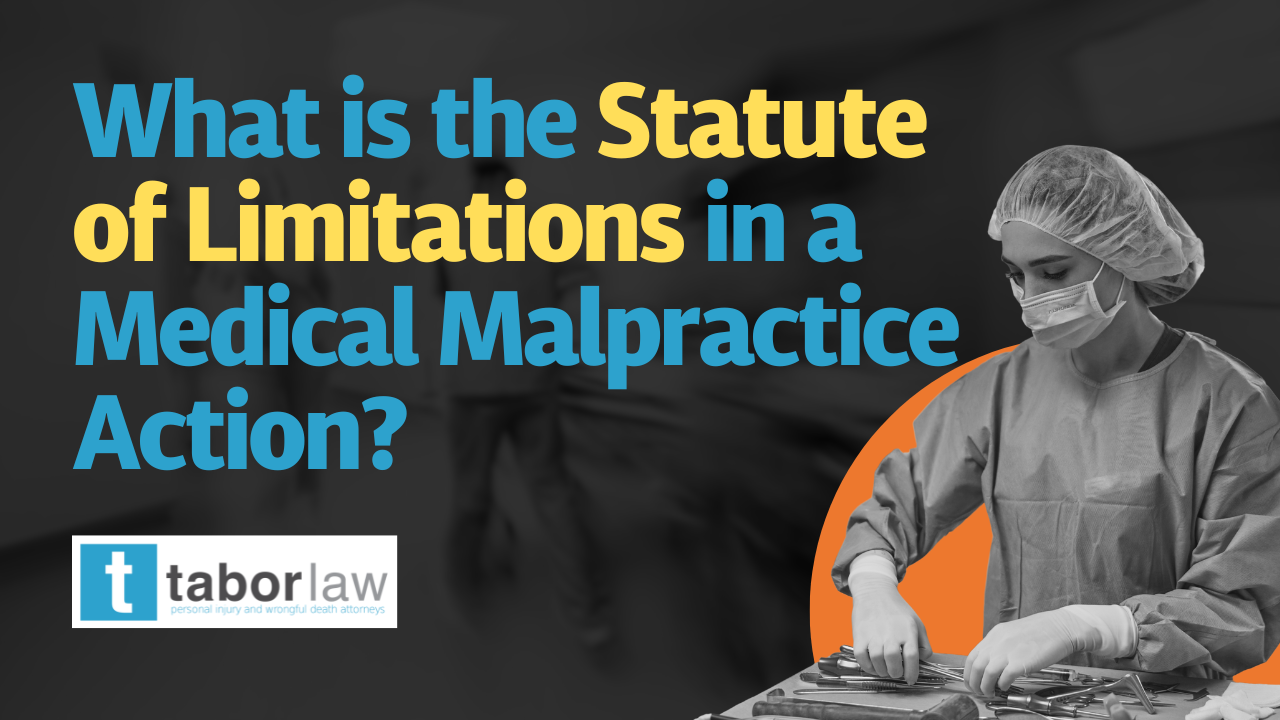
Patients sometimes refrain from bringing a medical malpractice claim because they fear reprisals: skyrocketing health insurance premiums or being banned by healthcare providers. These unfounded fears should not keep you from seeking compensation if you or someone you love has been the victim of a doctor’s error.
Higher Premiums
When you file a claim of medical malpractice, the doctor (or another healthcare provider) is named as the defendant, but in practicality, you are suing their malpractice insurance company. Should you win the suit, you will be paid by the insurance company, not the physician. Arguments have been made that healthcare, in general, is on the rise because of malpractice suits, but you should not be singled out for higher premiums based on the lawsuit.
Access to Healthcare
In addition to concerns of higher premiums, you might also fear you will be denied access to healthcare. This is not true. Physicians take an oath to do no harm. They must treat you in an emergency medical event. In other circumstances, the doctor must provide you with time to find another physician and must continue to treat you until that time. Not doing so could be considered abandonment and is also grounds for medical malpractice. A doctor is not required to take a new patient.
What Is Medical Malpractice?
A broad, general definition of medical malpractice is when a healthcare professional breaches their duty of care to a patient, resulting in injury or death.
A 2016 review of data by Johns Hopkins suggested that medical error is the third-leading cause of death in the United States, behind only heart disease and cancer. About 250,000 people die due to medical errors. About 610,000 people died from heart disease, while about 585,000 succumbed to cancer. Chronic respiratory disease claimed about 150,000.
With these numbers, you might think that medical malpractice suits are commonly won. That is not the reality. Most cases are won by the doctors, but our skilled attorneys are not daunted by statistics. At Tabor Law Firm, we vigorously defend our clients against the errors of the medical community.
Some of the most common medical errors include the following:
- Misdiagnosis. Missed or delayed diagnoses are common malpractice complaints. When this error happens, the patient could be denied valuable treatment opportunities or offered treatments that are unnecessary.
- Childbirth Injuries. Some injuries that occur during birth can be quite severe, like brain injury, fractured bones, and paralysis. Negligent prenatal care can also cause childbirth injuries.
- Medication Errors. Medication errors are some of the most common forms of medical malpractice and can occur in many ways. For example, a doctor might make a mistake on the initial prescription, administer a drug inappropriately, or fail to take notice of a potentially harmful drug interaction. In a hospital setting, one common form of injury results from the wrong medication being given to the wrong patient. However, the most common medication errors, by far, involve improper dosage.
- Anesthesia Errors. Anesthesia mistakes usually happen when the anesthesiologist fails to get a proper medical history for potential complications. Giving too much anesthesia or not properly monitoring a patient’s vital signs during surgery also happens.
- Surgery Errors. Operating on the wrong body part, or puncturing an organ are examples. Nursing staff might be negligent in postoperative care if they don’t follow proper procedures to help a patient avoid infection.
Can I Sue a Doctor with No Medical Malpractice Insurance?
Yes, you can sue a doctor with no medical malpractice insurance. Only seven states in the U.S. require physicians to carry medical malpractice insurance. While Indiana is not one of them, the state does require doctors to have a minimum amount of insurance and to pay a stipend to the Indiana Department of Insurance if they want to participate in the state’s Patient’s Compensation Fund. PCF caps damages and attorney fees. There are no caps for those doctors not participating in the program.
Doctors not participating in the program are subject to comparative negligence laws (your award can be diminished based on your at-fault percentage of the injury with no award if you are determined to be 51% or more at fault. In comparison, healthcare providers participating in the state program are held to contributory negligence. If you are even 1% responsible for the injury, you won’t be able to claim damages.
How Are Claims Filed in Indiana?
Your attorney will first file a complaint with the Indiana Department of Insurance. The state’s Medical Malpractice Act requires plaintiffs to first bring their claim before a medical review panel. The panel renders an opinion on whether malpractice occurred. The panel’s decision is not final, but it is admissible in court and its members can be called as witnesses in a trial. If the damages sought do not exceed $15,000, no review panel is necessary.
What Potential Damages Are Awarded?
For malpractice occurring after June 30, 2019, the total cap is $1.8 million. Each defendant’s liability is capped at $500,000, and the PCF would pay any remaining award over the defendant’s cap, up to the $1.8 million overall cap.
If your insurance company paid for medical treatment and you received an award for that same medical treatment, the defendant’s insurance company can file a medical lien on your compensation to collect what your insurance company paid out.
Indiana’s statute of limitations for a malpractice insurance claim is two years. The exception is when the injured party is younger than 6 years old. In that case, you can file until their 8th birthday.
Taking Cases When Others Won’t
Our attorneys have a wide range of experience representing those injured by medical malpractice. These cases can be difficult, but we will aggressively represent your rights to compensation.
Our legal team can help you determine if your claim meets the criteria to file and discuss potential damages owed by your healthcare provider. Call us at (317) 236-9000 or contact us online to schedule a consultation.

































































































